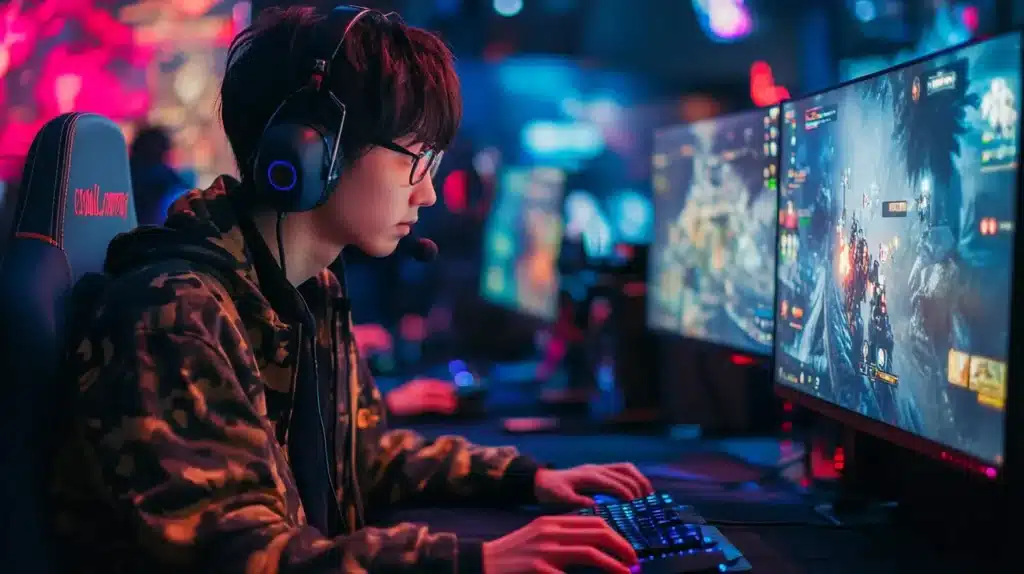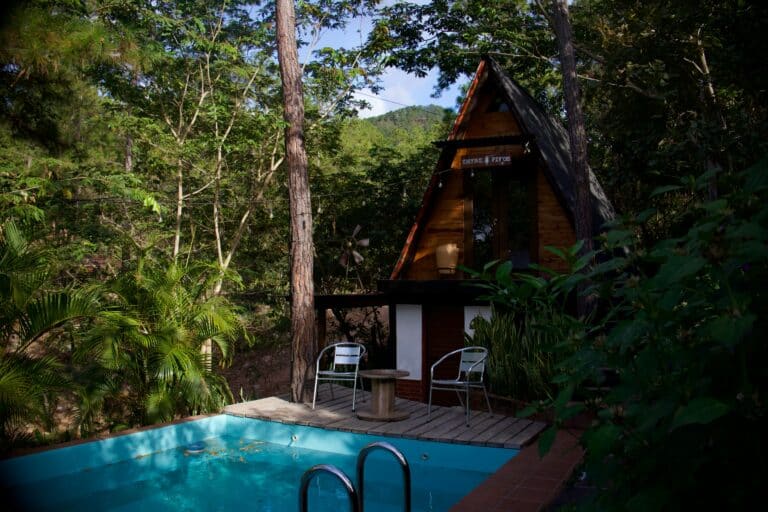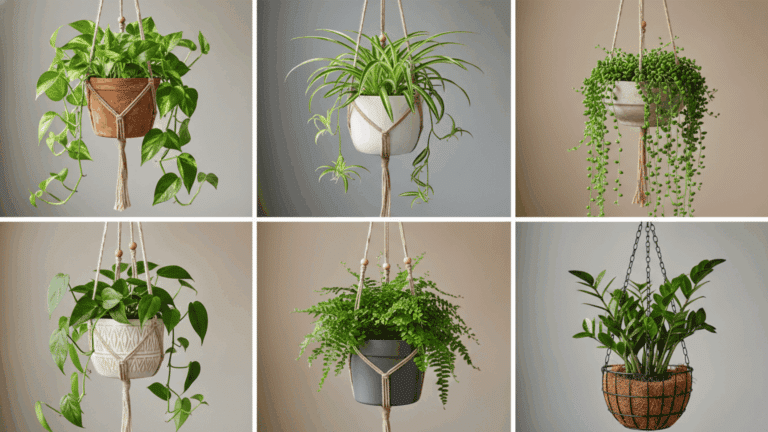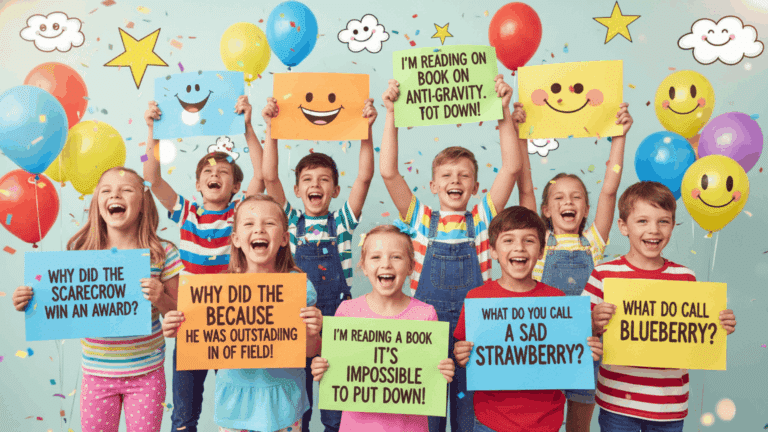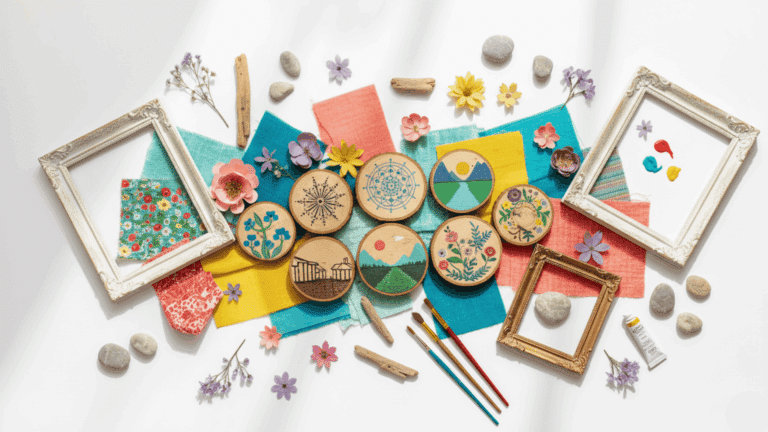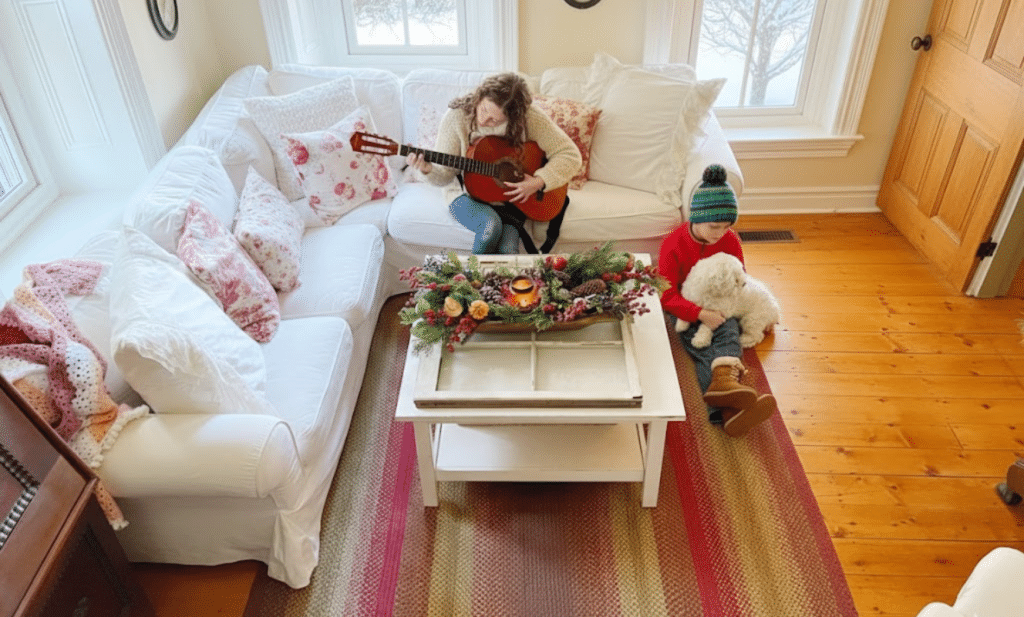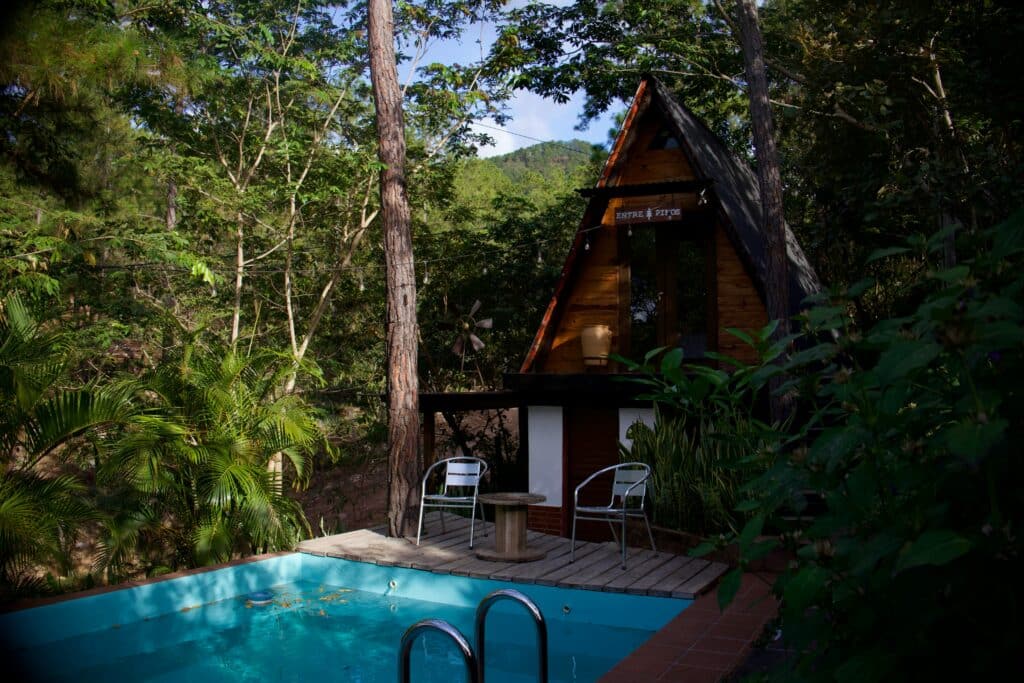There was a time when video games were confined to arcades and chunky consoles, seen mostly as after-school hobbies or weekend time-killers. But now, gaming has transcended borders and cultures, becoming a global force that influences how we socialise, learn, create, and even lead.
It’s not just about high scores anymore; it’s about community, identity, and innovation. This global reach of gaming culture makes us all part of a larger, interconnected movement.
Today’s gaming culture reflects something much bigger than entertainment. It’s a space where players aren’t just consuming content, they’re co-creating it. Mods, live streams, esports tournaments, and roleplay servers have turned passive players into active participants.
From Minecraft worlds built collaboratively across time zones to Final Fantasy XIV raids led with the precision of corporate projects, the evolution of gaming has mirrored some of the biggest shifts happening in other parts of our lives.
And here’s what’s really interesting: this trend has been the same all over the world, with gaming culture in the UK mirroring these same transformations.
The rise of inclusive storytelling, which involves narratives that represent a wide range of experiences and perspectives, community-led game development, and diverse leadership in the industry, shows that this is more than a phase. It’s a revolution that values creativity, representation, and connection.
The shift echoes broader changes in how we think about leadership and collaboration. In business, as in gaming, the command-and-control model is fading fast. What’s emerging instead is a co-create-and-connect model, where success is built through ecosystems, not hierarchies.
Just like a guild can’t function without input from every role, tank, healer, and DPS, today’s most effective organisations value voices across all levels. For instance, a successful raid in an MMO requires coordination and communication among all team members, much like a successful project in a modern organisation.
Real leaders are starting to look more like MMO raid leaders than old-school CEOs: nimble, community-driven, and focused on unlocking collective potential.
Take the way games are built and shared today. Studios are now actively involving players in the development process, valuing their feedback and building communities long before a launch.
It’s not about building something behind closed doors and presenting it to the world anymore. It’s about creating alongside the people who will live in that digital world. This approach not only acknowledges the players’ importance but also empowers them to shape the gaming landscape.
Progress in gaming has also shown that representation matters, not just in who’s playing, but in who’s building and leading. When the people shaping games reflect the diversity of the communities they’re serving, the results are more authentic, resonant, and resilient.
Games become more than just stories; they become mirrors that reflect the experiences and identities of players, and windows that offer new perspectives and experiences for players everywhere.
What we’re witnessing now is a generation growing up not only playing games but learning from them. They’re learning how to lead, how to communicate, how to handle failure, and how to adapt. That’s powerful. And it’s just the beginning.
Gaming culture has progressed far beyond pixels and power-ups. It’s shaping how we show up in the world, how we collaborate, and how we build the future together. And in that sense, the controller is no longer just a tool for play; it’s becoming a tool for change. This societal impact of gaming culture should inspire us all to look forward to a future where gaming is not just entertainment, but a force for positive change.

